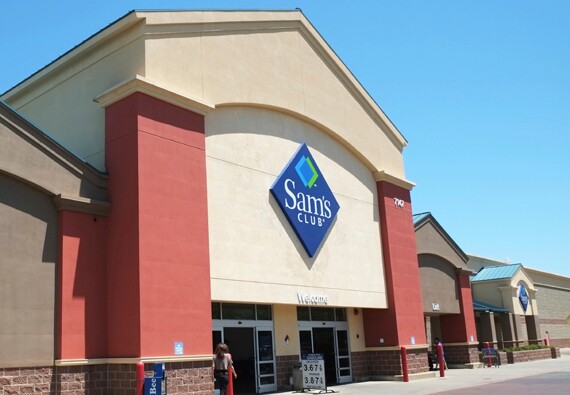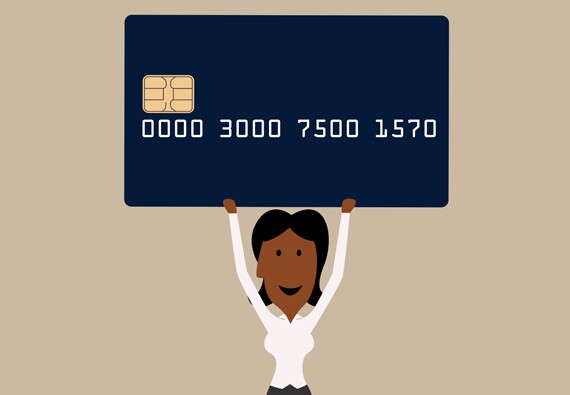

Court Dates

Swipe Fee Saga

Going Online

In the Club

Early EMV

MCX in the Mix









Central Bancompany said in a presentation to investors this month that it's looking to overhaul its core technology and data systems, while also hunting for a deal.
The Consumer Financial Protection Bureau Thursday will publish a revamped version of its Section 1071 small business data collection rule, dramatically scaling back the data to be collected and the number of lenders who must comply.
An appeals court's decision will make it harder for consumer-lending-focused fintechs to operate in Colorado. But the impact could eventually be felt more widely, according to both industry groups and consumer advocates.
The new rules require banks in the ACH network to implement risk-based monitoring to combat rising fraud and scam schemes.
As opportunities grow for private student lending, Sallie Mae has entered a multiyear "strategic partnership" with the world's largest private equity firm.
The Consumer Financial Protection Bureau, building on an executive order by President Trump, wants to eliminate the legal framework of "disparate impact" from its implementation of the Equal Credit Opportunity Act.